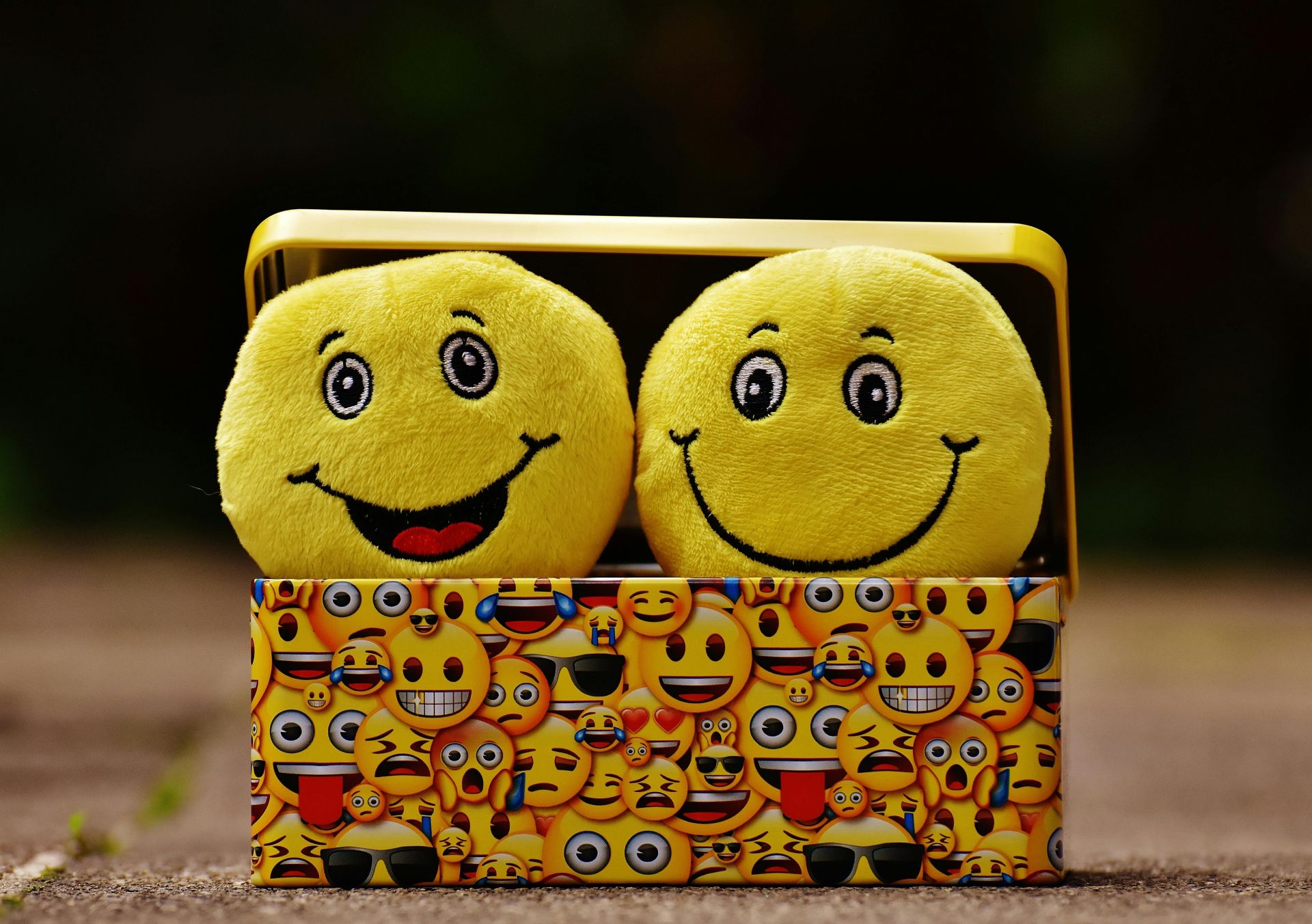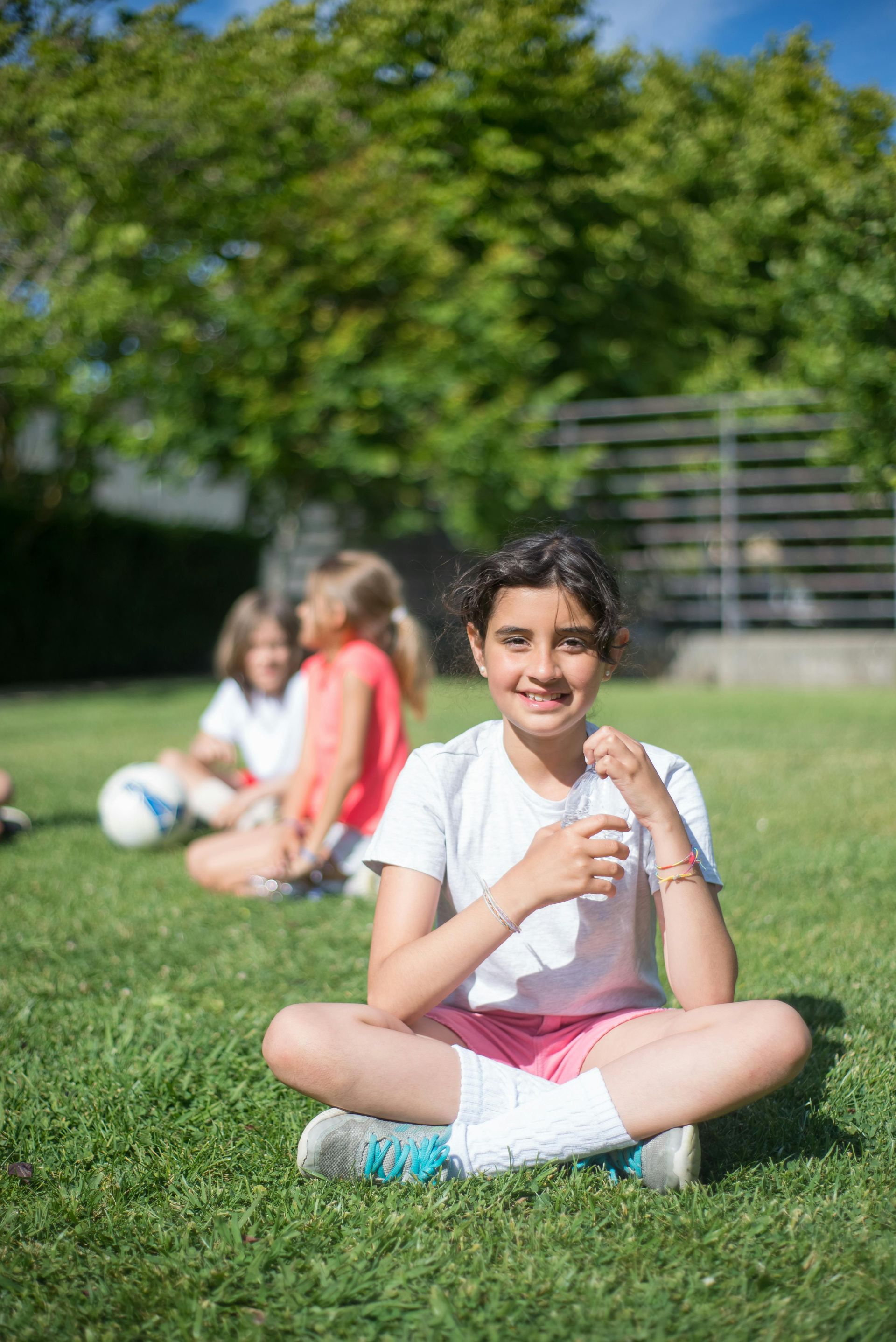Introduction
Hygiene and health both go hand in hand, as maintaining good hygiene practices significantly contributes to overall physical, mental and emotional well-being. Adopting a holistic approach to hygiene enables individuals to foster a healthy lifestyle and prevent various ailments.
As hygiene plays a critical role in overall well-being of an individual, cultivating good hygiene practices in children from an early age fosters a strong foundation for a healthy lifestyle.
The Connection Between Hygiene and Health
Proper hygiene plays a crucial role in multiple aspects of health both in children and adults including:
- Physical Health: Good hygiene, such as washing hands, bathing, dental care etc reduces the risk of illnesses, infections and the spread of diseases. Maintaining personal cleanliness and a sanitary living environment are essential for overall physical health.
- Mental Health: Clean and organized environment supports mental well-being by reducing stress and promoting mind relaxation. Thereby it enhances the productivity in children. It also promotes cognitive development and contribute to children's mental growth.
- Emotional Health: Positive hygiene habits, such as grooming and self-care contribute to self-esteem and overall emotional well-being. It also helps in building positive relationships.
Essential Hygiene Practices for a Healthy Lifestyle
A holistic approach to health and hygiene is very essential. Some of the practices in this regard may include:
- Washing hands
- Bathing
- Dental care : Regular brushing, flossing and dental check-ups
- Nail Care
- Hair Care: Routine hair washing and grooming
- Home Cleanliness: Regular cleaning, dusting and disinfecting surfaces
- Laundry: Washing clothes, bed linens and towels regularly
Beyond personal hygiene and household cleanliness also consider incorporating the following strategies for a comprehensive approach to hygiene and health:
- Balanced and hygienic diet
- Regular exercise in clean environment
- Adequate sleep: Prioritizing restful sleep promotes physical rejuvenation, mental alertness and emotional stability
- Stress Management: Practicing meditation or yoga, helps mitigate stress and supports emotional well-being.
Strategies for Promoting Hygiene in Children
- Lead by Example: Model good hygiene practices by washing your hands, brushing teeth, and bathing regularly. Children observe and follow what adults do.
- Establish Daily Routines: Integrate hygiene practices into daily routines, such as brushing teeth in the morning and before bedtime, washing hands before meals, and bathing regularly.
- Make Hygiene Fun: Engage children in fun activities that promote hygiene, like singing songs while washing hands or using colorful toothbrushes and timers for brushing teeth.
- Educate on the Importance of Hygiene: Explain the reasons behind hygiene practices in simple terms to help children understand the significance of maintaining cleanliness.
- Involve Children in Cleaning Tasks: Encourage children to participate in household chores, such as tidying up their room or helping with laundry.
Teaching children good hygiene practices will help establish a solid base for a healthy lifestyle. The connection between hygiene and health is undeniable, as cleanliness contributes to overall well-being. By adopting a holistic approach to hygiene that incorporates personal cleanliness, household sanitation, and healthy lifestyle habits, individuals can foster a life that promotes overall health and happiness. At the same time, instilling good hygiene practices in children is a crucial investment in their health, development and overall well-being.
Remember, Consistency is the key for building healthy habits. A clean and healthy body begins with good hygiene practices and these healthy habits begins at home!


